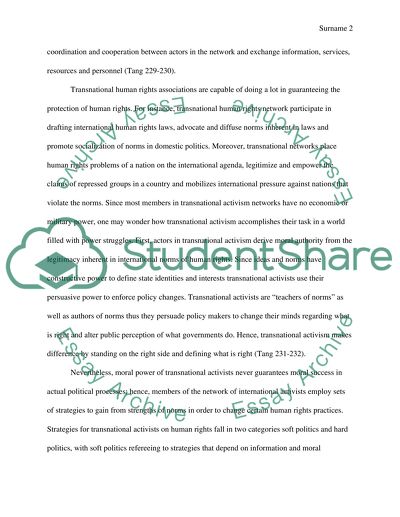Cite this document
(“Theory paper Term Example | Topics and Well Written Essays - 1250 words”, n.d.)
Theory paper Term Example | Topics and Well Written Essays - 1250 words. Retrieved from https://studentshare.org/history/1480226-theory-paper
Theory paper Term Example | Topics and Well Written Essays - 1250 words. Retrieved from https://studentshare.org/history/1480226-theory-paper
(Theory Paper Term Example | Topics and Well Written Essays - 1250 Words)
Theory Paper Term Example | Topics and Well Written Essays - 1250 Words. https://studentshare.org/history/1480226-theory-paper.
Theory Paper Term Example | Topics and Well Written Essays - 1250 Words. https://studentshare.org/history/1480226-theory-paper.
“Theory Paper Term Example | Topics and Well Written Essays - 1250 Words”, n.d. https://studentshare.org/history/1480226-theory-paper.


